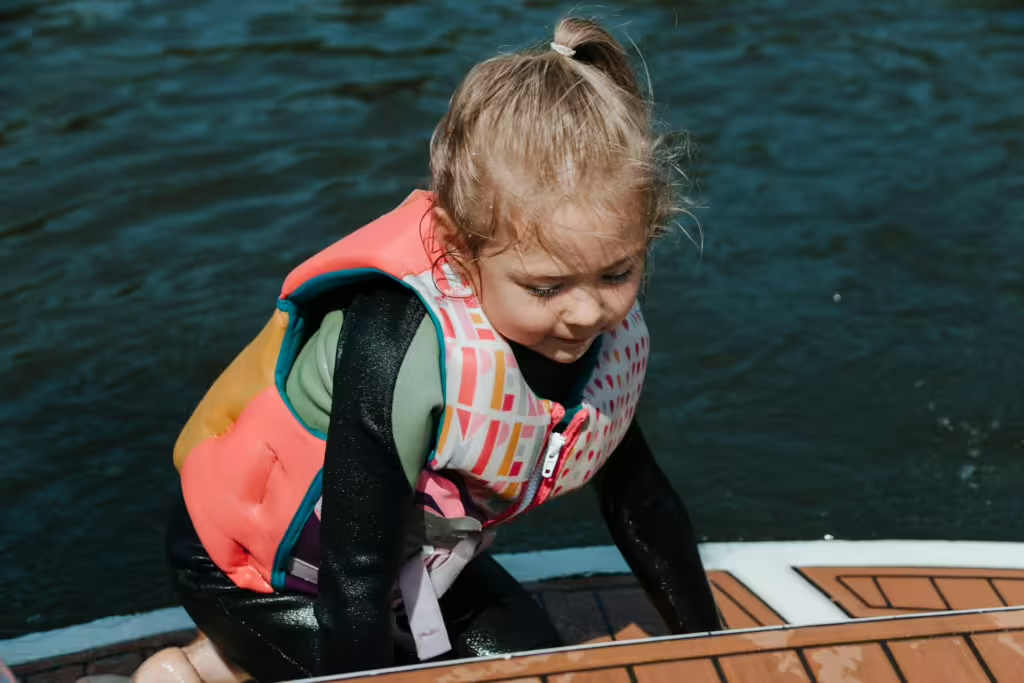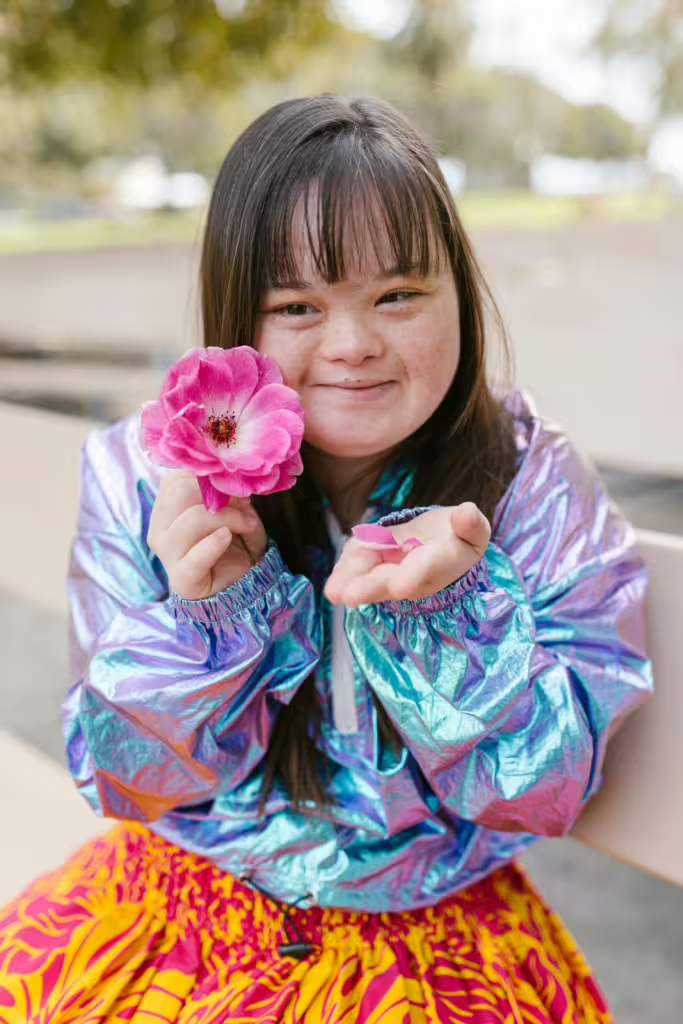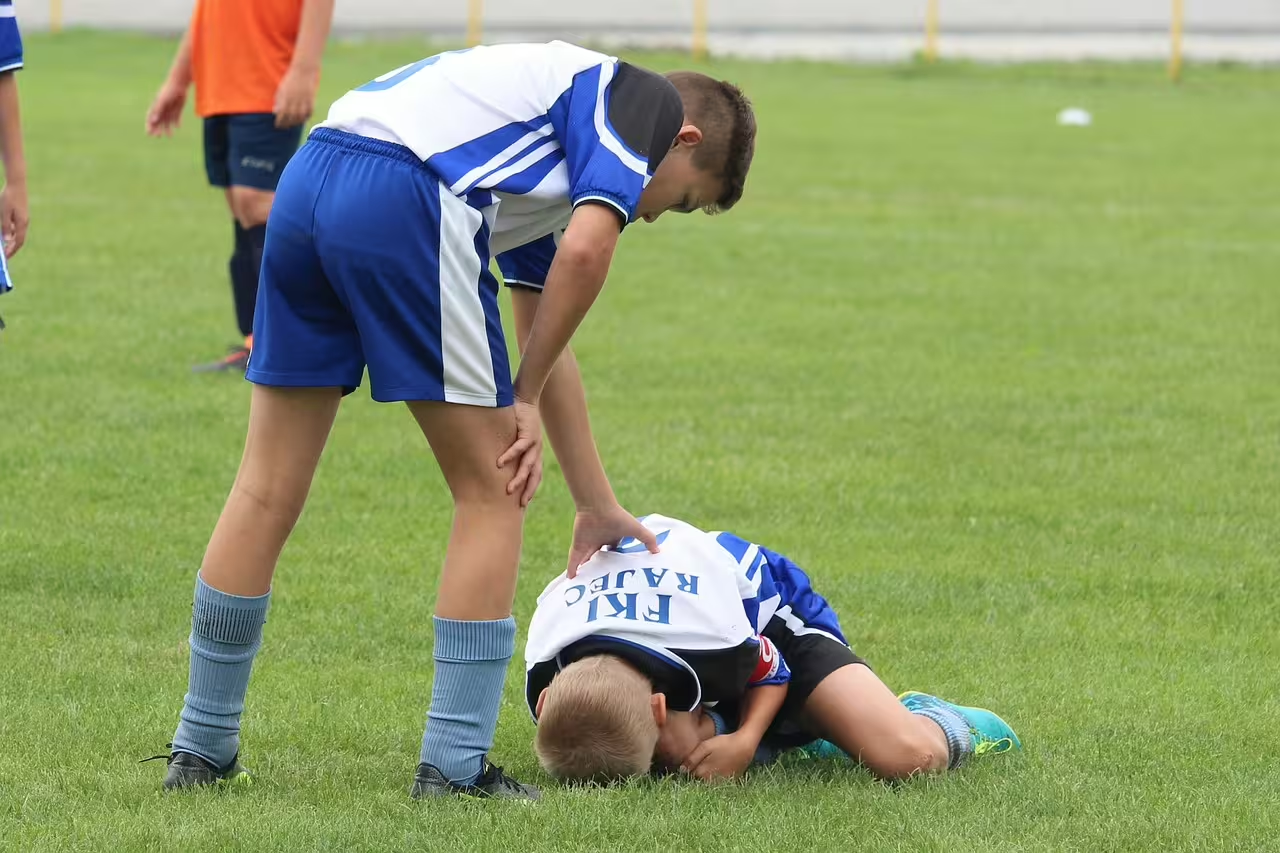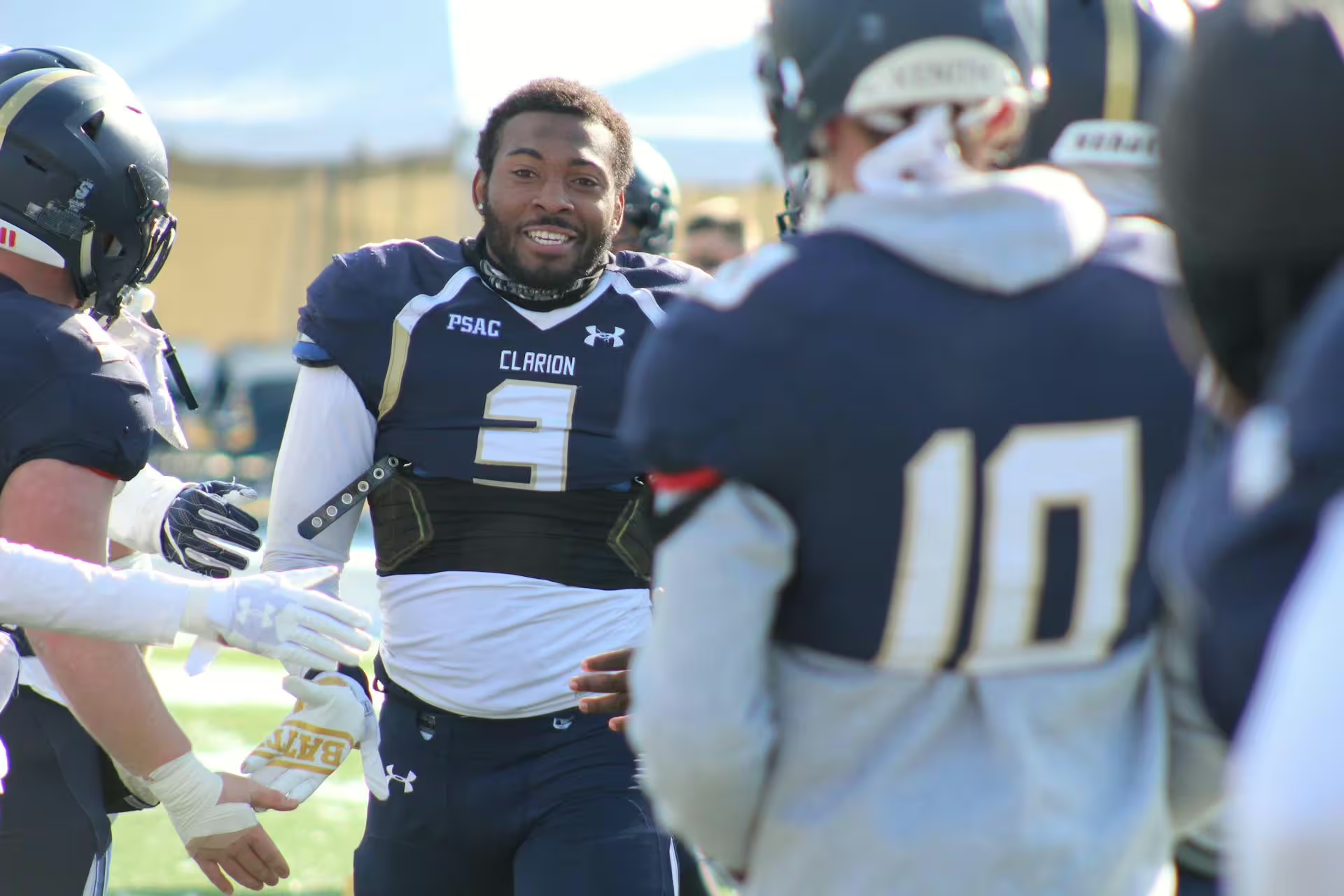Youth sports offers children from all walks of life, a myriad of opportunities for physical activity, social connection, and emotional growth. For children with autism, in particular, these advantages may prove to be doubly important. The thing is, children with autism do require a different approach when it comes to helping them engage with youth sports. Nevertheless, so long as one applies the right amount of patience, understanding, and support, the results will often speak for themselves.
Parents of children with autism might feel somewhat ill-equipped for the challenges that youth sports present. But even if you don’t know the first thing about baseball or gymnastics, there is much that you as a parent can do to support your child’s sport’s journey. Thus, whether you’re volunteering as a coach or supporting your child by cheering them on from the sidelines, your guidance will undoubtedly make their experience better.
In this article, we will explore how parents can support their children with autism, either by coaching alongside them or encouraging them to keep going. So strap in and get ready for an emotional journey, one that will help you to give your child the tools they need to enter into their own youth sports journey; one that is likely to be unique to their experience as someone with autism.

Autism and Sports
Autism, otherwise known as Autism Spectrum Disorder (ASD) is a developmental condition that affects individuals in a wide range of ways. Those with autism might have trouble communicating, interacting with others, and processing sensory information. You’ve probably heard the term “autism is a spectrum.” The reasons behind the descriptor are valid, as each child will have different challenges from the next. Some may have strong motor skills, but aren’t able to pick up on common social cues. Other children may be able to memorize vast amounts of highly-specific knowledge but be unable to cope with loud noises, flashing lights, or touch sensations.
This is why, when it comes to coaching or supporting a child with autism in the youth sports world, one must take certain facts into account. For instance, a child with autism might process instructions differently or need more time to respond. Transitions can be difficult for some, even overwhelming in many cases. Social interactions and teamwork, which normally involve reading the emotional cues of others, may prove challenging. It might also prove necessary to indulge in some repetitive behaviors or routines that the child feels are comforting. Remember, the goal is not to “fix” these issues but to do what you can to accommodate them so that your child can engage with the sport itself.
How to Choose the Right Sport or Setting
Not all sports environments are going to be a good fit for your child, and that’s okay. Many times, finding the right sport and program can take a good deal of time, not to mention trial and error. The trick is to not get discouraged by the experience. In the end, whatever the two of you choose together will make a huge difference in your child’s experience.
There are some factors you will want to consider when selecting a sport. Does your child thrive in a structured environment or do better when things are spontaneous or spur of the moment? The former might prefer martial arts or swimming while the latter will likely be happier playing basketball or soccer; something more fast-paced. In the same vein, some sociable kids will prefer a team sport while those who don’t do well in social situations might be more comfortable with individual sports.
You will also want to consider the sensory qualities of a gym or stadium. Smaller, quieter sessions might be better than loud, crowded sports complexes. Finally, meet with coaches ahead of time. See if they have training with adaptive sports programs and if they are equipped to deal with your child’s challenges. If they aren’t it probably won’t be a good fit. Not every coach is familiar with autism and not every coach can handle it, that is ok too. But it’s better to know ahead of time, either way.
Be Prepared And Prepare Them
Children with autism often do better when they know what to expect. This why we often suggest preparing your child ahead of time so that you reduce undue anxiety and increase their comfort level. This might mean having a physical, visual schedule for them to see, meeting the coaching staff, the other athletes, or seeing the facilities ahead of practice. Also, be sure to communicate rules clearly and concisely. Don’t use idioms or colloquialisms, but overt language. For instance, don’t tell them to “keep their eye on the ball” tell them to “watch the ball with their eyes.”

Routines Are Your Friend
Repetition is often the key to learning and it is also very helpful for children with autism. Oftentimes, children with autism find comfort and familiarity in routine. Thus, having a predictable structure can often reduce anxiety and improve overall engagement for the child. In this regard, be sure to let your child know in advance if the routine is going to change. The more you know ahead of time, the better off all of you will be.
That said, don’t fret too much if changes need to be made. Success in sports doesn’t mean doing things exactly the same as everyone else and this is especially true for children faced with certain challenges. Modifications can mean different sized balls, shorter drills or practice sessions, peer coaching, or designated breaks and quiet areas for a child to recharge. The point is to lean on routine for them but be flexible with how you help them play. Your child might not like the changes at first, but if they end up better able to engage, then they will be happier in the end.
Keep The Focus On Strengths And Interests
Lastly, remember that many children with autism can have intense interests that drive them. They might also have specific talents. In either case, incorporating these into sports can increase motivation and enjoyment. For instance, if your child loves numbers, perhaps you can track scores or stats together. Additionally, if they enjoy repetitive movements, activities like running laps or swimming laps may be soothing for them. Whatever the situation, remember to celebrate what your child does best. Building on their strengths often helps boost confidence and encourages continued participation.
When Coaching as a Parent
Parents who really want to step up their game might even consider coaching on a team their child plays on. Note that while this can be exceptionally rewarding, it can also prove very challenging.
Here are a few tips you can probably use when balancing the roles of parent and coach:
- Try to set clear boundaries between “coach time” and “parent time.” This will keep the hats separate and make it easier for you to compartmentalize.
- Avoid singling out your child in any way—treat all players fairly and equally.
- Keep the coaching team informed. This might mean preparing your assistant coaches in ways that support your child’s specific needs, or those of any other children with similar challenges.
- Always try to prioritize fun, inclusion, and safety over competition and “wins.”

Cultured Athlete Says…
As you can see, the challenges presented by autism do not preclude a child’s involvement or enjoyment in youth sports. Indeed, with a little bit of understanding, some patience, preparation, and the right tools, we parents can help to create truly inclusive sports experiences for our children, autism or not. In the end, what matters is that they feel the joy of sports and that they learn a sense of accomplishment from their experience. This doesn’t always mean winning, but it does mean that we must do our best to make their youth sports experience a fond one; one that they will carry with them for their whole lives.
Discover more from CulturedAthlete
Subscribe to get the latest posts sent to your email.






